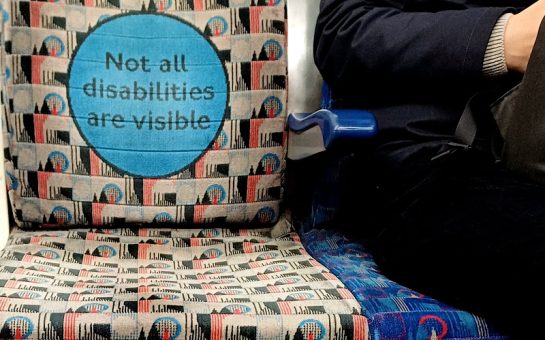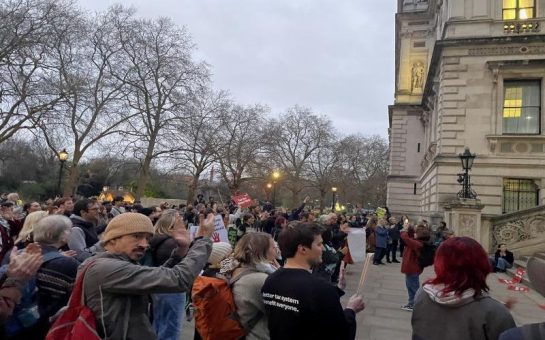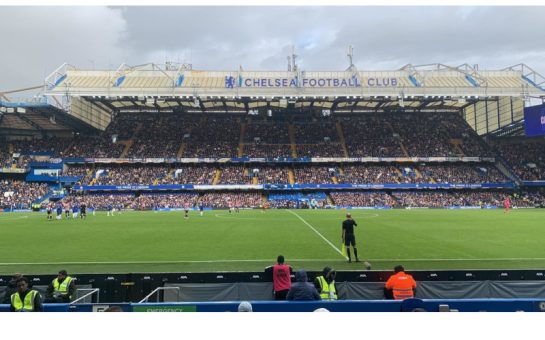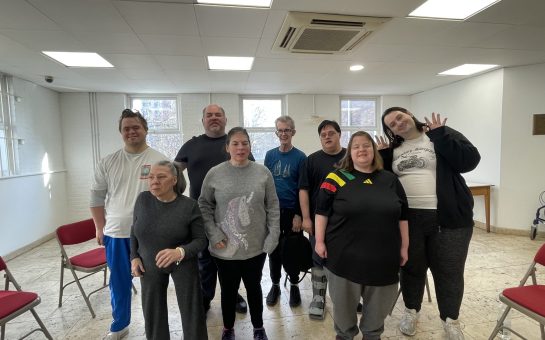Apoyo Comunitario Sur de Londres is a collective that was created last March by a group of volunteers and focuses on south London’s Spanish and Portuguese-speaking communities.
The initial goal of the organisation was to work with people who were not getting support from the Government, or who did not know how to access support because of the language barrier.
The collective realised a lot of people in the Latinx community in south London were being more affected by the Covid-19 pandemic, as they were already in a vulnerable position in society due to their immigration status and lack of fluency in English.
A spokesperson for the collective said: “Thousands of people from migrant and refugee communities have been denied their basic rights, even during this difficult time.
“We need to ensure that everyone has access to food, healthcare, income, job security, good and affordable housing and all that is needed to make sure we can enjoy our lives.
“At the moment, many people with no recourse to public funds and those who are undocumented do not receive any support; many are left at the mercy of exploitative landlords and employers.
“Apoyo Comunitario will continue to work side by side with members of our communities to counter the UK’s hostile environment with a practice of care and solidarity.”
In March, Apoyo Comunitario Sur de Londres started a GoFundMe page, and raised over £15,500 out of a £20,000 target to provide hardship funds to more than 30 families through weekly payments.
They provide £60 to people living on their own and £100 to families.
These funds are mostly aimed at women with children, LGBTQI+ individuals, elderly or disabled people, and people with insecure immigration status.
As well as fundraising, the group also translates vital information about healthcare into Spanish and Portuguese.
Apoyo Comunitario Sur de Londres also aims to raise awareness of the negative impacts of the government’s hostile environment policies on the Latinx communities in south London.
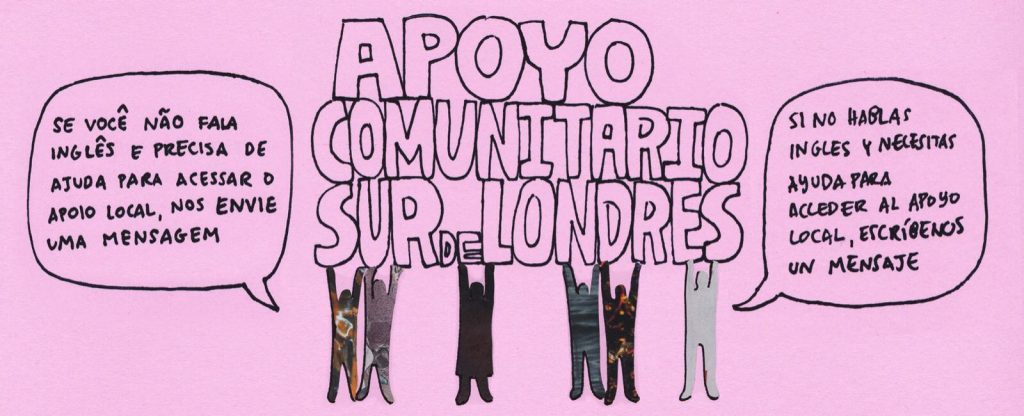
An Apoyo Comunitario spokesperson said: “The hostile environment expanded by this government is responsible for the deaths of many people in our communities who have been forced to continue working or have been left without support during this challenging time.”
The hostile environment policies towards migrant workers make living as an immigrant from Latin America complicated, but the combination of the COVID-19 pandemic and the No Recourse to Public Funds (NRPF) has made things especially difficult for these communities.
The NRPF policy applies to most migrants with limited leave in the UK who are not EEA nationals, and prevents people from accessing benefits like universal credit, carers allowance, child benefit, housing and homelessness assistance, and universal credit.
During the first lockdown, this meant people in the Latinx communities who had been furloughed or were not eligible for the government support scheme had no safety net.
Data from the Home Office showed the number of migrants subject to NRPF applying for destitution support increased six-fold in the first three months of lockdown.
Continued advocacy regarding the precarious condition of Spanish low-income and key workers is the main future for Apoyo Comunitario Sur de Londres.
The spokesperson said: “We are interested in human rights and justice, so we will continue to campaign as a group.
“We don’t have a lot of resources, but we believe we can grow our community of allies who know and understand how unjust this system is, and the need to make change.”
The Apoyo Comunitario Sur de Londres also coordinates with other organisations advocating for the rights of immigrant workers in London, such as the Independent Workers’ Union of Great Britain (IWGB).
The IWGB works defend the rights of workers, especially migrants, and include a high number of Spanish speaking essential workers, a lot of them cleaners for the University of London.
Maritza Castillo Calle, chair of the University of London branch of IWGB described issues that key workers face beyond the NRPF policy and spoke of her experience working as a cleaner.
She said: “Workers were intimidated and exploited, fired without due process and forced to work sick because they were not entitled to sick pay.
“Even pregnant women were forced to do hard work with dangerous chemicals.
“Most of us did not speak English, we did not know the labour rights in this country.”
Wilson Ayala, Chair of the Cleaners and Facilities Branch of the IWGB, spoke of the impact the Covid-19 pandemic has had on migrant workers in London.
Ayala said: “Precarious workers in the cleaning and hospitality sector have been the most affected, either by the loss of their employment and many others with change to their current work conditions.
“From the scourge of outsourcing to companies choosing to make workers redundant instead of making use of the furlough scheme, there are so many abuses that companies are committing, taking advantage of the difficult moment we are living in.”
SWL approached the Home Office for comment and they directed us to the Government’s support page for migrant workers, which can be found here.
